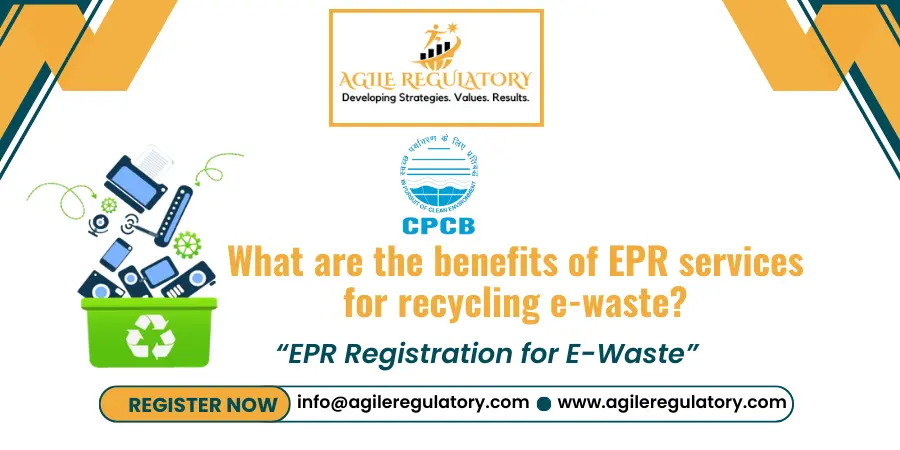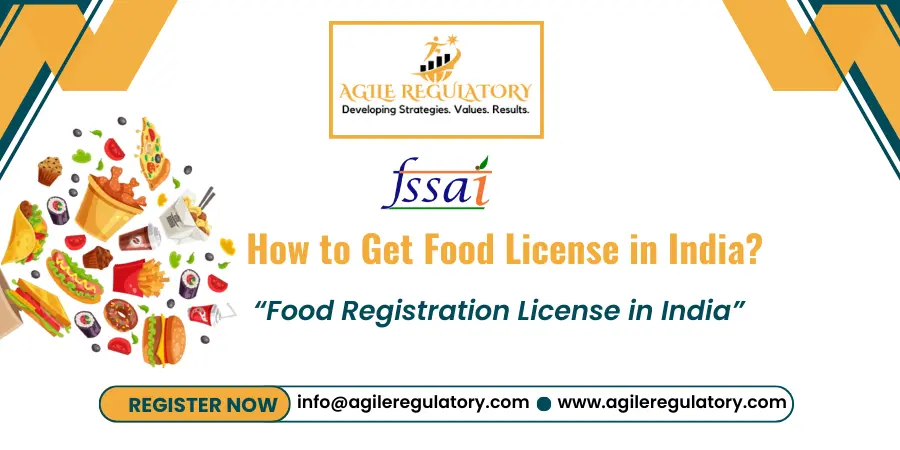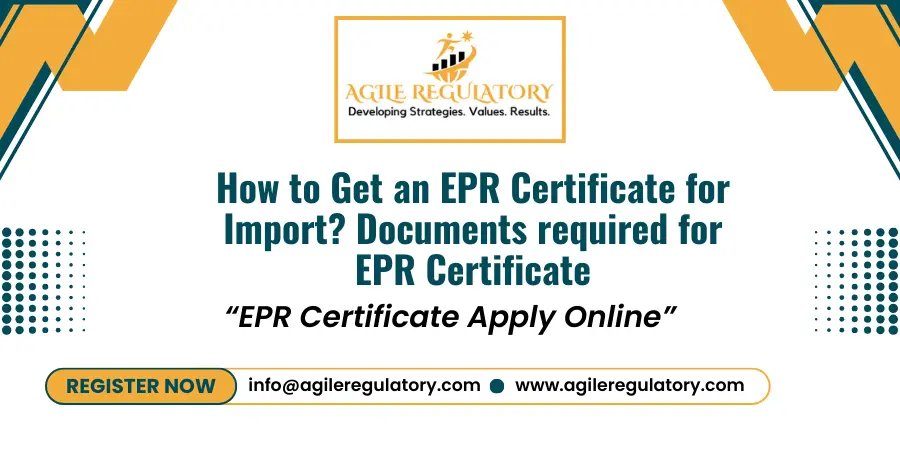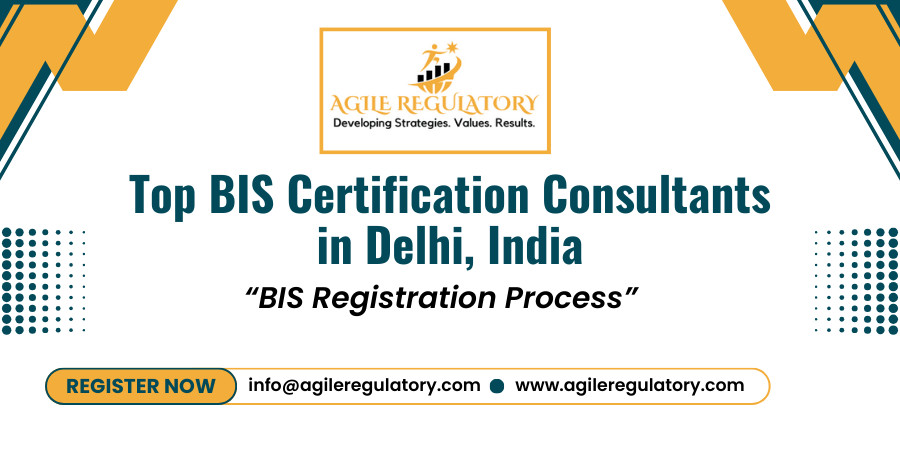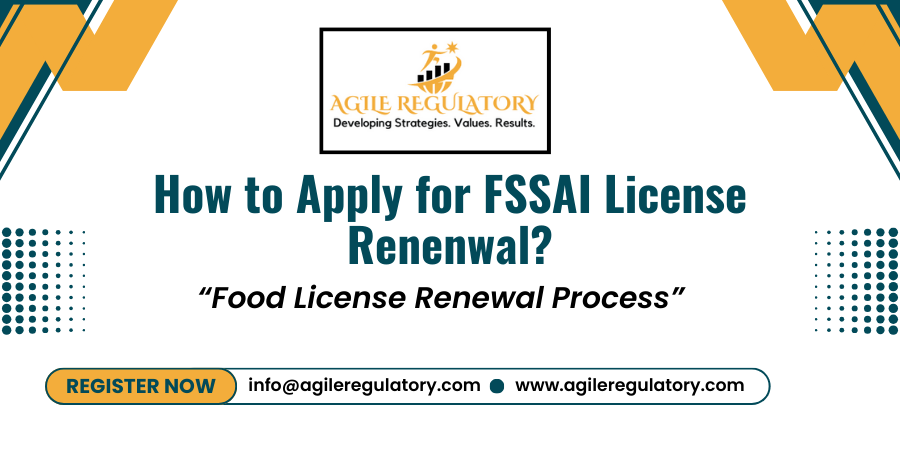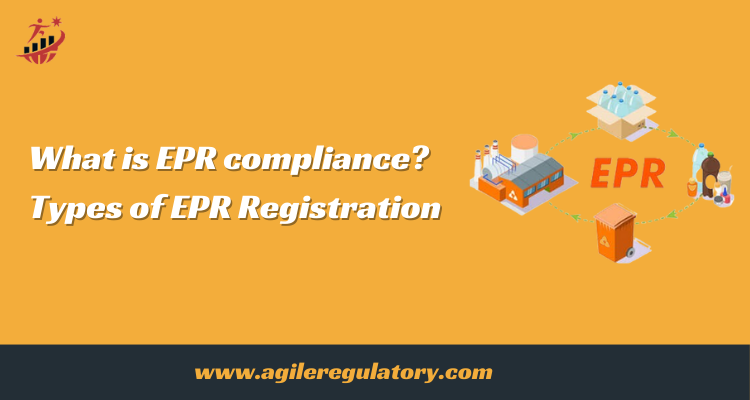
What is EPR compliance? Types of EPR Registration

Introduction
India, like many other nations, is rapidly advancing in terms of environmental sustainability. On this path, adherence to Extended Producer Responsibility (EPR) is crucial. Manufacturers are held responsible for managing both the whole lifespan of their goods and post-consumer waste under an EPR strategy. EPR Registration is the first step toward compliance with Extended Producer Responsibility (EPR) laws for manufacturers, importers and brand owners. Before producing or importing goods that are subject to EPR, businesses must register with the appropriate regulatory organizations. Specific details on the items, the expected volume of waste generated, and the recommended waste management plan must be included throughout the registration process. The government may monitor each organization's responsibility and ensure that the EPR regulations are followed.
What is EPR Compliance?
An integral part of ethical waste management is EPR compliance. After registering, businesses have to fulfill their EPR obligations, which include setting up recycling centers, collecting systems, and environmentally acceptable waste disposal methods. Compliance requires meeting recycling targets and regularly reporting waste management activities to regulatory agencies.
Types of EPR Registration and its Compliance Guidelines
Guidelines for Extended Producer Responsibility (EPR) outline the duties and requirements that manufacturers, importers, and owners of brands must fulfill in order to abide with EPR legislation. Let us understand the types of EPR registration and its guidelines for EPR:
EPR for Plastic Waste
Because plastic garbage is not biodegradable and has a negative impact on ecosystems, it is a significant environmental problem. Plastic EPR regulations force producers to actively manage plastic waste and encourage recycling. The following are significant elements of the plastic EPR guidelines:
 Manufacturers must put in place a system for gathering and redistributing the plastic waste that results from their goods.
Manufacturers must put in place a system for gathering and redistributing the plastic waste that results from their goods. They can set up collection points or work with trash management companies and PROs to make sure that plastic waste is handled properly.
They can set up collection points or work with trash management companies and PROs to make sure that plastic waste is handled properly. Producers are required to provide financial support to registered organizations, such as PROs, that are in charge of handling plastic waste.
Producers are required to provide financial support to registered organizations, such as PROs, that are in charge of handling plastic waste. With this money, awareness campaigns are started, infrastructure is developed, and recycling of plastic waste is facilitated.
With this money, awareness campaigns are started, infrastructure is developed, and recycling of plastic waste is facilitated. Producers must submit regular reports detailing their waste management protocols to regulatory agencies. These reports must include the total quantity of plastic waste that the producers have gathered, reprocessed, and disposed of.
Producers must submit regular reports detailing their waste management protocols to regulatory agencies. These reports must include the total quantity of plastic waste that the producers have gathered, reprocessed, and disposed of.
EPR for E-Waste
The E-Waste [Management] Rules (EWMR) provide detailed guidelines for appropriately managing electronic waste in India. These standards particularly hold manufacturers of electronic products accountable for the following:
- Manufacturers must build facilities for collection or assist in their development. It is the responsibility of these institutions to collect and deliver e-waste to authorized recyclers.
- Prepare an Extended Producer Responsibility (EPR) plan and submit it to the appropriate regulatory agencies. Producers are required to do this. This plan outlines their strategy for handling e-waste, which entails awareness-raising, collecting, transportation, and recycling.
- Producers are required to get the necessary authorizations from the State Pollution Control Board (SPCB) and to comply with the regulations.
EPR for Tyre Waste
Tyre waste presents particular issues because of its durability and size. The goal of EPR tyre guidelines is to guarantee proper handling and disposal of old tires in order to prevent hazards to the environment. The Schedule 9 of the Hazardous and Other Wastes Amendment Rules, 2022 now includes the ERP and guidelines for manufacturers and recyclers to use and manage tyre waste.
- It is the duty of tyre manufacturers and importers to ensure that discarded tyres are handled in an ecologically responsible manner. It should also be reported on how the extended producer responsibility obligations are adjusted annually, including the current year's duty and any carried over duties from previous years. They have to put in place infrastructure for gathering used tyres and sending them to waste processors or authorized recyclers.
- Retreading, co-processing, and material recovery are just a few of the methods that the rules support when it comes to recycling used tires in an ecologically sound manner.
- Recyclers need to have a system in place for reporting data on the quantity of finished goods and recycled materials they use, as well as information on the production and distribution of extended producer responsibility certificates. Waste tyre importers need to ensure that the extended producer responsibility is divided by the waste percentage in order to reduce its value.
EPR for Battery Waste
The safe disposal and recycling of used batteries is the main goal of the EPR standards for batteries. Important features of the EPR battery recommendations are as follows:
- It is the responsibility of battery producers or manufacturers to collect spent batteries and dispose of them safely or recycle them in a way that benefits the environment. They need to set up collecting systems so that it is easy to get expended batteries from customers.
- In accordance with the laws, manufacturers must present an EPR plan outlining their strategy for handling spent batteries, which includes programs for awareness-raising, recycling, and collection. The recycling targets that the regulating agencies have established must also be met by producers.
Conclusion
In order to make this world a better place to live in for future generations, it is important to take sustainable steps. Therefore, it is important for the manufacturers, producers, and importers to follow EPR compliances, and dispose off the waste produced through tyres, waste, batteries, or electronic items. For getting EPR registration and to properly following EPR compliances, you may contact Agile Regulatory, as non-compliance may result in fines and penalties.
Leave a Reply
Your email address will not be published. Required fields are marked *


